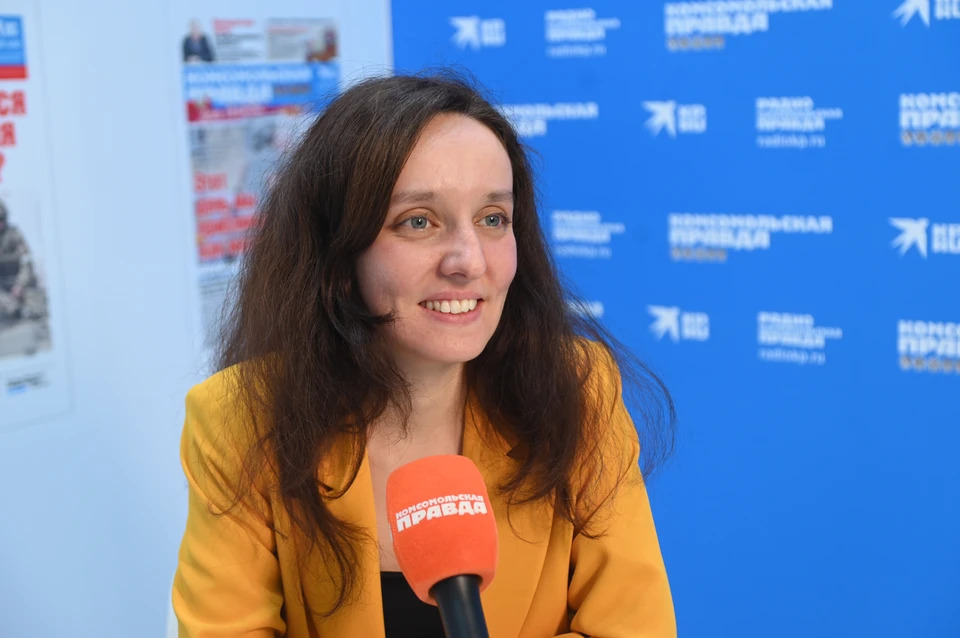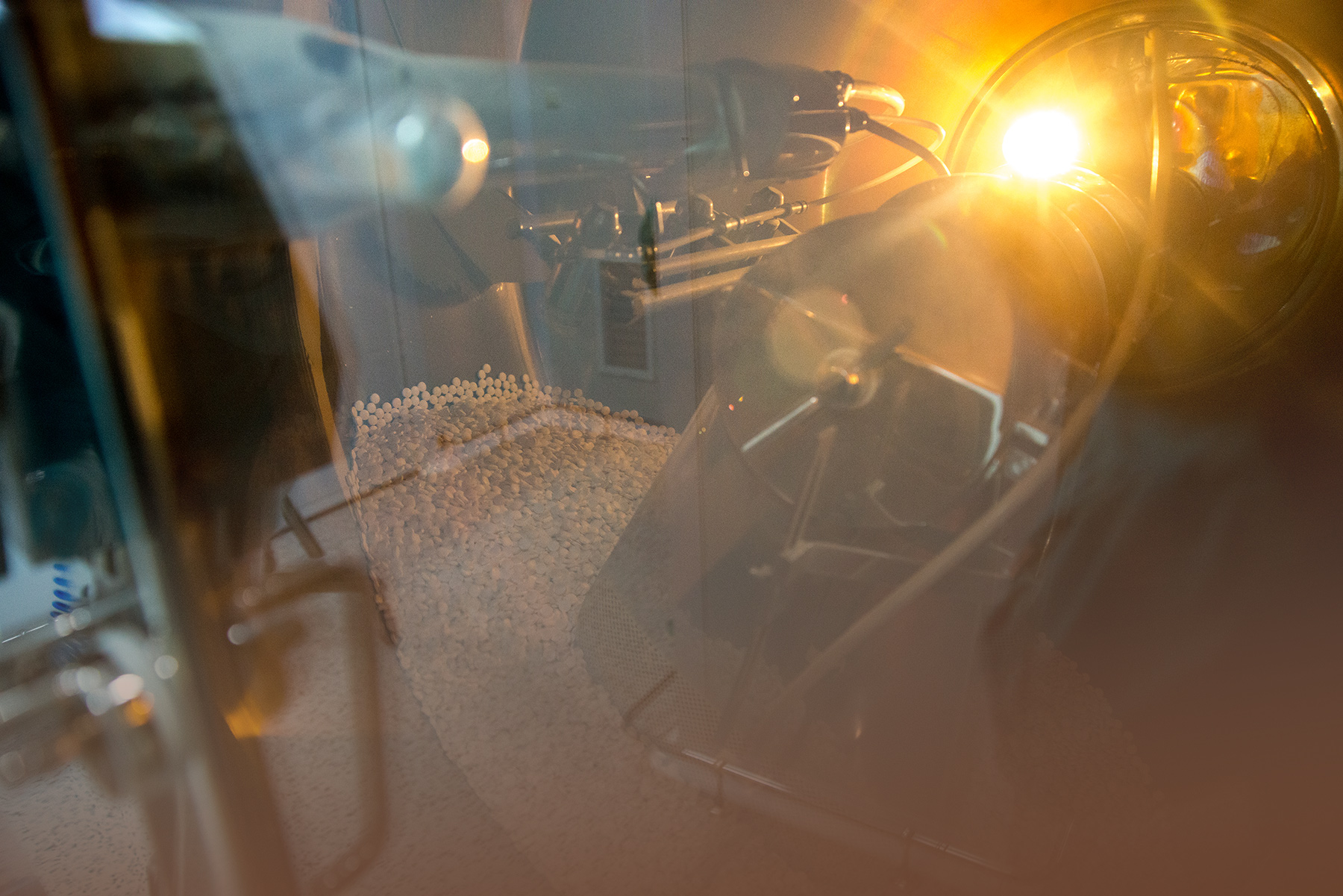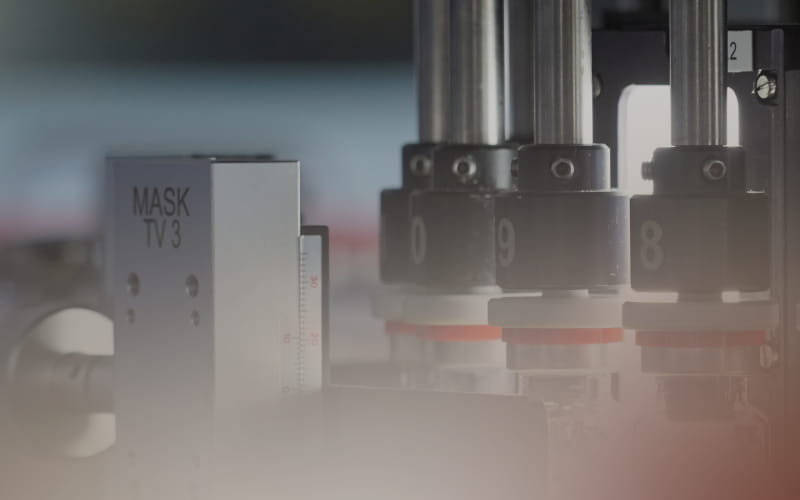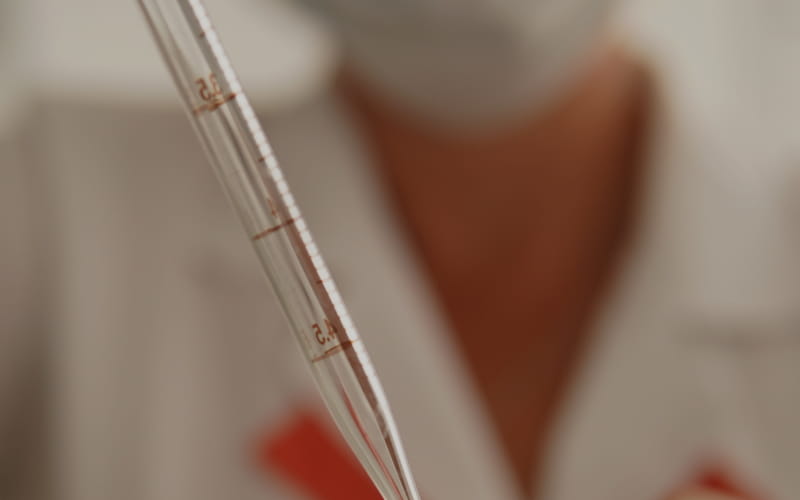
We produce the necessary medicines ourselves
Kira Zaslavskaya, Director of New Products at Promomed Group, SPIEF participant, agreed to answer questions from journalists of Komsomolskaya Pravda.

— Your company is known for its contribution to the fight against coronavirus. Please tell us about the scientific research and production of anti-COVID drugs.
— The issue of coronavirus infection is important for a company that is committed to the development of various innovations in pharmaceuticals. As soon as the threat of a pandemic arose, we, having extensive experience in cooperation with research institutes, with the medical community, immediately began working together with an academic consortium to study the coronavirus infection. We quickly realized that one of the key therapeutic options that could make it possible to defeat the pandemic is the development of etiotropic drugs, that is, antiviral therapy.
We began considering existing drugs that could be repositioned so that to make them universal and work against coronavirus infection. In close cooperation with the consortium, we were the first in Russia to develop favipiravir (Areplivir) for the treatment of coronavirus infection. But we did not stop there: it was clear that the viral load would continue not only at the outpatient stage.
The fact is that the virus can stay in the body for a long time, regardless of the disease severity, although there were disputes about this in the medical community at that time. However, we were sure that this is true. Back in early 2020, we started developing an injectable drug for the treatment of hospitalized patients with coronavirus infection. It turned out that we were right. Recent publications show that the virus remains in the body for a very long time, for several months, even in those patients who have already died from a coronavirus infection.
We have succeeded in developing an injectable favipiravir to improve the effectiveness of therapy in moderate to severe patients in hospital settings. Russia no longer needs to purchase an expensive imported drug, but has the opportunity to use the original domestic drug, which demonstrated a very high efficacy in clinical trials.
However, strains mutate, so you can't stop at just one molecule. There was an urgent need to create a platform for the rapid repositioning of the drug and the development of drugs for the treatment of not only coronavirus infection, but also possible future infections. The idea arose to go into molnupiravir, and later nirmatrelvir and ritonavir. These are currently the most effective active ingredients in the treatment of coronavirus infection. We managed to combine them in a single dosage form. The American version is available in separate tablets or capsules. Our single dosage form reduces the number of tablets taken by three times. This is critical for older patients, as it improves the safety and efficacy of therapy.
— What was the most difficult in the development of these drugs?
— Sense of responsibility. We acted in the dark, like the rest of the world. We were not completely sure whether the drug would be effective, whether it would be safe. When choosing a drug for repositioning, we studied a huge amount of literature and chose a molecule with the highest degree of safety. Nevertheless, the very idea that it was necessary to develop a strong drug in the shortest possible time made us worry. But we succeeded.
— Do researches have everything they need to do science and make discoveries now?
— It would be incorrect for me to speak for all of Russian science. As for our developers and our interaction with research institutes, we have a large number of potential projects for the future. We, as an industrial partner, support their development, since any research and development is subject to funding. We consider it important for us to participate in the development of Russian science and we are sure that this will lead to the creation of innovative drugs.
However, there are some difficulties. Today it is necessary to develop alternative logistics, to work on new technologies, on the substance of domestic production. But all these challenges only move science forward. Together we have high chances.
— Tell us about the developments in the field of neuroprotection and biotechnology.
— If we are talking about neuroprotection, then a couple of months ago we managed to bring to the market an original domestic drug, which, on the one hand, is a combination of two well-known active ingredients, but on the other hand, this drug was developed using a unique technology that has passed a full cycle of clinical trials. This is Brainmax, which, due to the synergism of the action of the components, provides the highest level of neuroprotection, antioxidant protection of cells, and protection of cells under stress. This allows the use of the drug for the treatment of both neurological diseases of various nature, and cardiac diseases.
We are currently conducting a large clinical study on the use of this drug for the treatment of post-COVID syndrome. And we already see promising results.
We are also working on three original drugs to be used in neurology. I cannot discover the information about them now. One thing is for sure: the future belongs to biologics. They make it possible to provide targeted action, get closer to personalized medicine, to the treatment of currently incurable diseases. We are actively developing the biotechnology platform, or rather, the process from cell technologies to finished dosage form at our plant. One drug product, which belongs to the monoclonal antibody group, now undergo clinical trials.
At the same time, we have already brought to the market a drug based on double-stranded RNA – Radamin Viro. RNA-biotechnology is one of the most topical. We managed to develop a biotechnology with high productivity of microbial strains, from which RNA is then extracted, and offer the market a drug that is an inducer of all types of interferons. This allows it to be used not only for usual catarrhal diseases, but also to consider its potential effectiveness in the treatment of certain cancers and multiple sclerosis. Clinical trials of this drug will start in the near future.
Source: kp.ru



